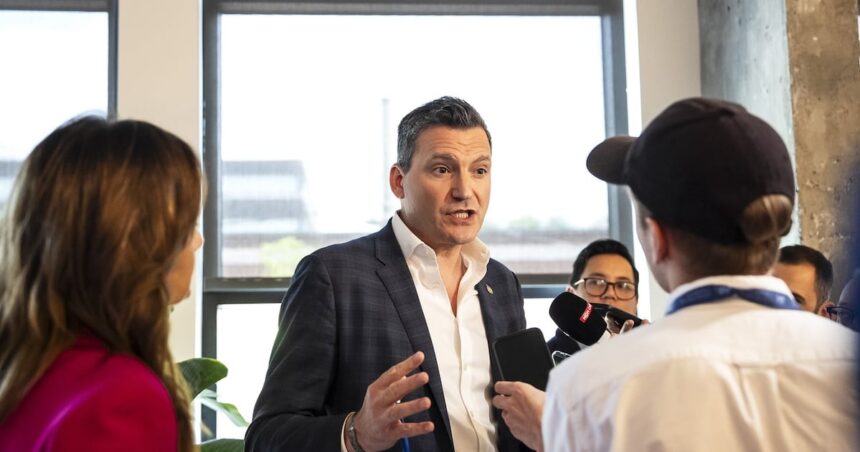In the labyrinthine corridors of digital innovation, a pivotal legal battle is unfolding that could reshape the landscape of artificial intelligence in Canada. As OpenAI contests an Ontario court’s jurisdiction in a copyright infringement case, federal officials in Ottawa are quietly accelerating efforts to develop comprehensive AI copyright regulations that balance innovation with creator protections.
“We’re witnessing the collision of century-old copyright frameworks with technologies that couldn’t have been imagined when those laws were written,” said Melissa Chen, technology policy director at the Canadian Digital Rights Coalition. “The government’s response will determine whether Canada becomes a leader or laggard in the global AI economy.”
The case against OpenAI, which centers on allegations that its systems were trained on copyrighted materials without proper authorization, has exposed significant regulatory gaps. While the company argues that Ontario courts lack jurisdiction over its California-based operations, legal experts suggest this territorial defense highlights exactly why national regulations are urgently needed.
Sources within Innovation, Science and Economic Development Canada confirm that a policy framework is being developed with unprecedented speed. “There’s recognition at the highest levels that waiting for perfect solutions isn’t an option,” said a senior advisor speaking on condition of anonymity. “The minister has directed teams to produce actionable recommendations by year’s end.”
The proposed regulations would likely include transparency requirements for AI training data, compensation mechanisms for creators whose works are used, and clear jurisdictional authority for Canadian courts in cases involving Canadian content or consumers, regardless of where AI companies are headquartered.
Canadian content creators have become increasingly vocal about their concerns. “Our work is being used to train systems that could ultimately replace us,” noted award-winning author Margaret Sutton at a recent parliamentary committee hearing. “Without fair compensation and consent mechanisms, we’re essentially funding our own obsolescence.”
The economic stakes extend far beyond individual creators. Canada’s technology sector, which contributes over $94 billion annually to the national economy, could face significant competitive disadvantages if regulatory uncertainty persists. Conversely, clear and balanced regulations could position Canada as a global leader in responsible AI development.
International precedent is limited but evolving rapidly. The European Union’s AI Act includes provisions on copyright, while the United Kingdom recently announced a consultation on similar issues. Canada’s approach is expected to incorporate elements from these frameworks while addressing unique domestic concerns.
Legal scholars suggest the OpenAI jurisdiction challenge may ultimately strengthen the government’s resolve. “When multinational companies attempt to evade local accountability, it often accelerates regulatory responses,” observed Professor James Richardson of the University of Toronto’s Centre for Technology and Society. “We’re likely seeing that dynamic play out now.”
As algorithms continue ingesting vast quantities of human-created content, fundamental questions about ownership, attribution, and compensation demand answers. Will Canada’s response to these challenges protect creators while enabling innovation, or will regulatory gaps leave both in limbo as the AI revolution accelerates?























